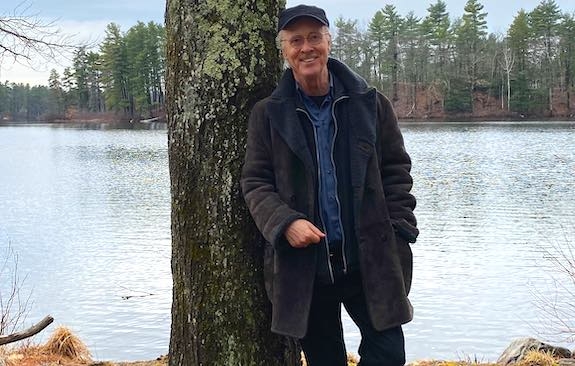I'm excited by recent academic studies that suggest we can access more happiness in life by making more money or increasing our social circles as we age.
Happiness is one of the major elements that we aim at with Life Planning.
Our method was developed to uncover what a person, often a Financial Planning client, cares about most so the planner’s strategies can best support the life they long to live. The client often arrives at what will make them extremely happy, and they experience the energy to deliver what we call their “torch” into the world.
I shared with a few life planners in our community the news of Matthew Killingsworth and Daniel Kahneman’s study that shows that more money often leads to more happiness. The response I got was, “George, doesn’t that disprove the value of Life Planning?”
Their reaction was surprising because my legacy and Life Planning methodology is very much tied to money with an important twist, and that twist is that when people gain clarity on their passions, the aspects of their lives that are most meaningful, they feel the confidence and freedom to pursue these passions and money becomes secondary to what creates happiness.
Money supports it, of course, that’s why Financial Planning and Life Planning go hand-in-hand. But money isn’t the passion, although more money can mean greater ability to pursue the elements that deliver fulfilment in one’s life.
When Life Planning clients feel their torch lit, they experience the energy of delivering all the things they have wanted but so often put aside, and they go after them with fervour. Your financial Life Planner gives you the financial support system to deliver your most inspiring life to the world, often within your existing financial framework.
Making more money is usually not part of the torch, but it is part of the path, the execution that moves toward the sustainability of a torch over a lifetime. Having a healthy relationship with money could mean having more of it or it could be that it's in balance with what you're doing. You might even discover ways to meet your happiness goals with less money.
Then there’s the Harvard study that suggests as we get older our social network gets thinner and that diminishes our chance of happiness. This is a major teaching for how we deliver Life Planning to our clients, how we deliver their dream of freedom. It reminds us of the importance of our connections with people and that often has little to do with money.
Most people who complete the Three Questions in Life Planning place their relationships, particularly family, first. This makes much sense because our social networks and family provide joy, love, and support to us now and in our later years. It is valuable, for us as advisers as well as for our clients, to know that strengthening friendships with those we love will bring happiness and contribute to longevity.
If relationships come up anywhere in a client’s goals, I would encourage the client to reinforce their friendships and to reach out and make new friends, knowing that this will increase their happiness as well as longevity. Post-Covid, I have taken this practice seriously in my own life and reached out more to my close friends and family than I ever have in the past, bringing me great joy!
I follow happiness studies, and it’s exciting to discover new findings that relate to the Kinder Institute’s Life Planning method. I believe that the greatest source of lifelong happiness is the torch that a Life Planner delivers to their client and that the client then delivers into their own lives.
George Kinder, CFP, RLP, is the founder of the Kinder Institute of Life Planning and designer of training for client-adviser relationship skills.

